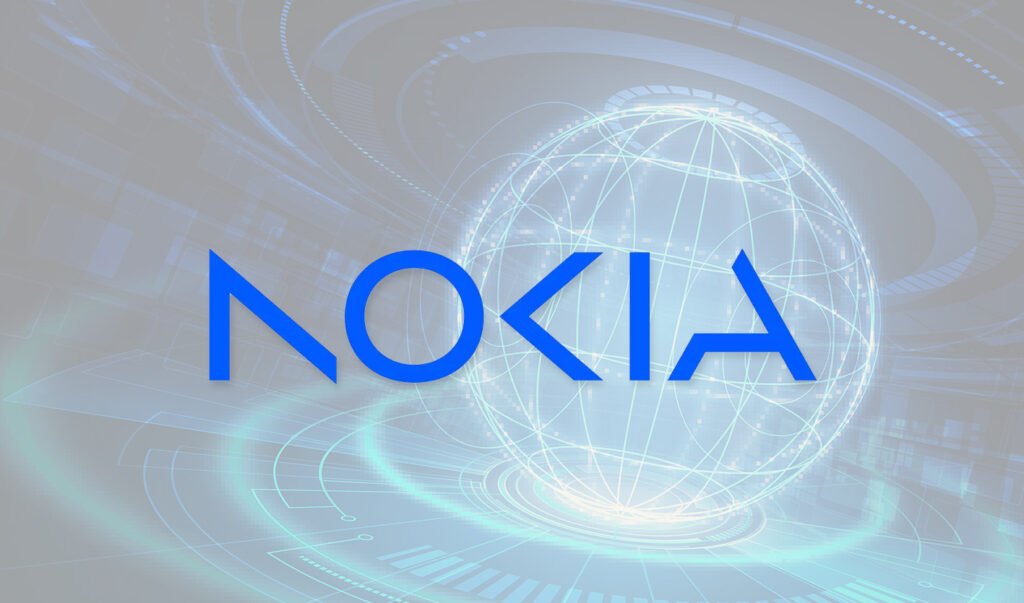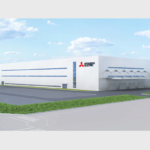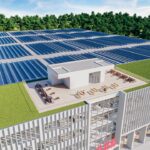ASIA ELECTRONICS INDUSTRYYOUR WINDOW TO SMART MANUFACTURING
Nokia Eyes New €360M Investment in Germany
Nokia plans to invest €360 million in software, hardware, and chip design at its Ulm and Nuremberg sites. Accordingly, Nokia is conducting a four-year European Important Projects of Common European Interest (EIPCEI) project.
Nokia and the German Federal Ministry of Economics and Climate Protection (BMWK), along with the German states of Baden-Württemberg and Bavaria, are funding the project.

Role in Future Mobile Systems
Specifically, the project will focus on the integrated development of software, hardware, and high-performance systems-on-chips based on a digital twin. These will play a pivotal role in radio and optical products in future mobile communications systems. Particularly, based on the 5G-Advanced and 6G standards.
Nokia is further expanding its extensive experience in chip design and strengthening the European value chain. Another focus area is on the energy efficiency of the systems to support European climate targets under the Green Deal.
Moreover, Nokia is closely cooperating with research institutes and universities to achieve this. This cooperation will further strengthen the long-term IPCEI investment and funding.
Harness Megatrends
An important milestone not only for Nokia but also for the future of the telecommunications industry in Germany and Europe, the project aims to strengthen Europe’s competitiveness and innovative power. Especially, in the field of microelectronics for future technologies such as 6G and artificial intelligence (AI). Thus, enabling complex applications for the metaverse, for example, and advance digitalization.
Furthermore, the microelectronics systems developed as part of the project will help to make networks more energy-efficient and more powerful at the same time.
Meanwhile, Tommi Uitto, President of Mobile Networks at Nokia, said, “This important funding will support our efforts to advance the telecommunications industry in Germany and in Europe. (Thus), helping to drive innovation and strengthen competitiveness. In particular, it will help our research into microelectronics that will power future technologies such as 6G, artificial intelligence, and the metaverse.
Moreover, Uitto said, the project will also propel networks that are more energy-efficient and powerful. Germany is an important market for Nokia, he added, and the company looks forward to produce cutting-edge technology that is ‘Made in Germany’.




